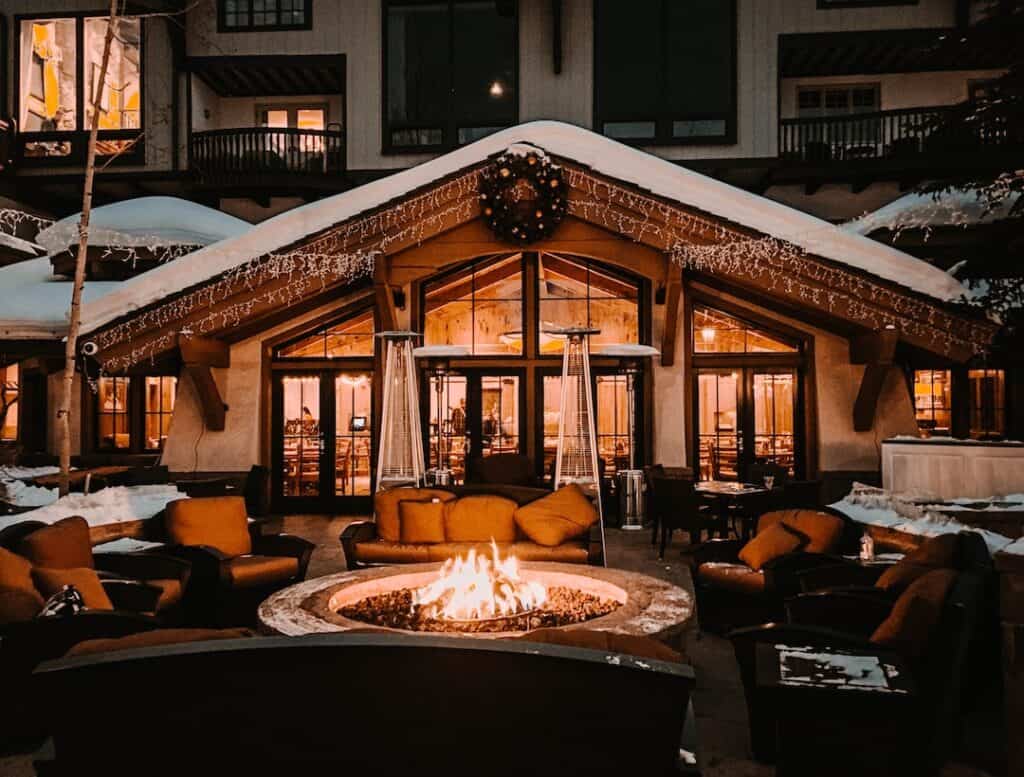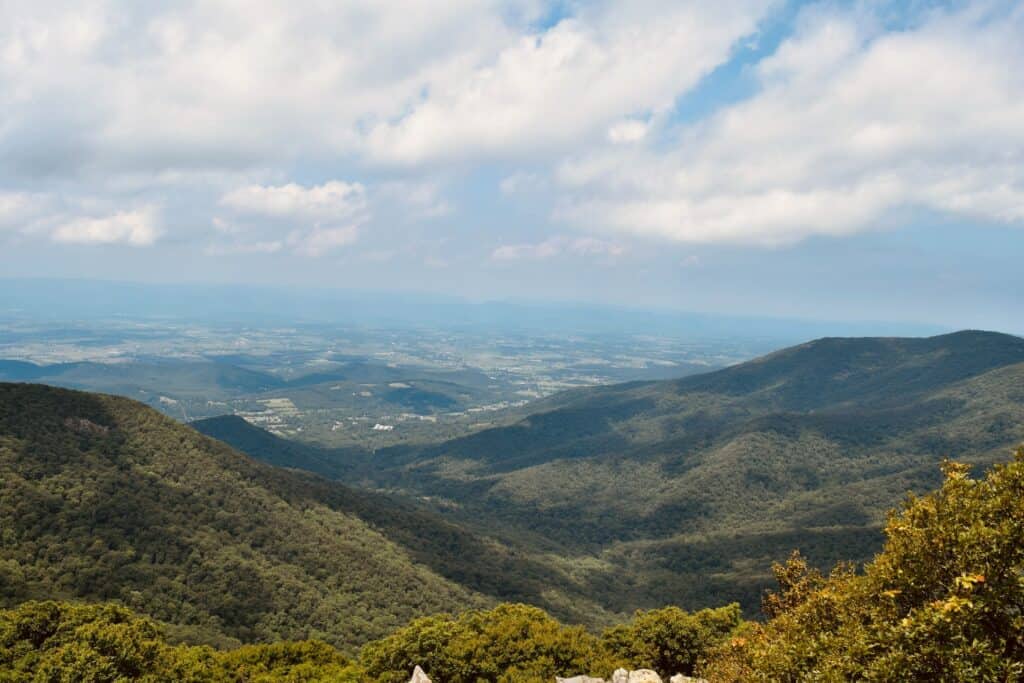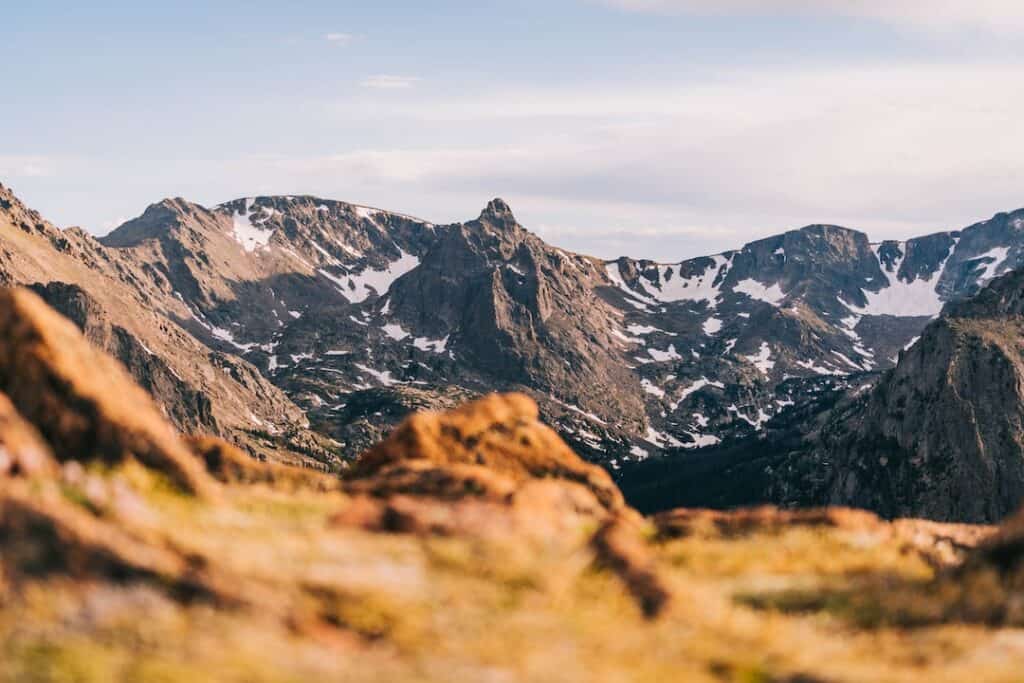Vermont
Vermont is a charming little state tucked near New York. Its charming small towns, landscapes, and slow living have set it apart from nearby states and have successfully made itself a destination of its own. With its incredible vibrance, outstanding natural landscapes, and slow sceneries –– Vermont is one of the most gorgeous states you should not miss.
Know more about Vermont here.
Geography
Located in the New England region of the United States, Vermont is the second least populated state in the country. Its most populated city, Burlington, is the least populated city to be considered as the most populated city of a state. Vermont is also a relatively small state, being the sixth smallest state by land area.
Vermont is bordered by several states. Namely, Massachusetts, New Hampshire, New York, and Quebec, Canada. The state of Vermont is, in fact, the only New England state that is not bordered by the Atlantic Ocean. Of course, Vermont is typically understood with five distinct physiographic regions of Vermont. There is the Northeastern Highlands, Green Mountains, Taconic Mountains, Champlain Lowlands, and Vermont Piedmont.
This diversity of physiographic regions make Vermont a wonderful outdoor destination. In Vermont, you can hike, swim, trail run, bike, ski, and camp. Other activities you can pursue are wildlife watching, fishing, and birdwatching.
History
Like many other states in the country, Vermont was inhabited as early as 12,000 years ago. The indigenous people inhabiting Vermont were thriving with complex political-economic systems way before the Europeans arrived in the region. It was the French, led by Jacques Cartier in 1535, that first explored Vermont. The French claimed Vermont as part of new France in 1666, establishing the first European settlement in the area.
How Vermont got itself the right or the privilege to be a sovereign entity for quite some time is worthy of an independent read of its own. Of course, at one point, New York even claimed that Vermont is part of New York. Vermont would be granted statehood in 1791.
Weather
Vermont has a humid continental climate with mild early summers that peaks by August. Its fall or autumn season is vibrant and colorful with its sugar maples coming to color. By winter, it incrementally and becomes progressively colder as you go higher in elevation throughout the state.
Of course, keep in mind that Vermont is the seventh coldest state in the country. This makes it colder than a lot of other states. It is, therefore, safe to assume that winters are extremely cold and snowy. Oddly enough, at some point in winter, Vermont may be even too cold to receive snow or rain.
Definitely schedule your trip accordingly. If you do not like the cold, avoid booking in months approaching winter until February. In our opinion, the best time to visit the state of Vermont is at the tail end of Spring or at the beginning of Autumn.
Tourism
Vermont is a uniquely fascinating state with its colors, history, vibe, and landscape. It is a great road trip destination especially in the fall when the state seems to really come into life. Some of our favorite destinations to enjoy the autumn weather in are Stowe, Mount Mansfield and Smugglers Notch, the Green Mountain National Forest, and Quechee Gorge.
Key information about Vermont
📍 Area: 24,923 km2
👥 Population: 643,503
🏛️ Capital: Montpelier
🏢 Major cities: Burlington, Stowe, Rutland, Montpelier
🔢 Number of counties: 14
📋 Postal Abbreviation: VT
📖 Primary language/s: English, French
📌 Nearby states/countries: New York, Massachusetts, New Hampshire, and Quebec – Canada






